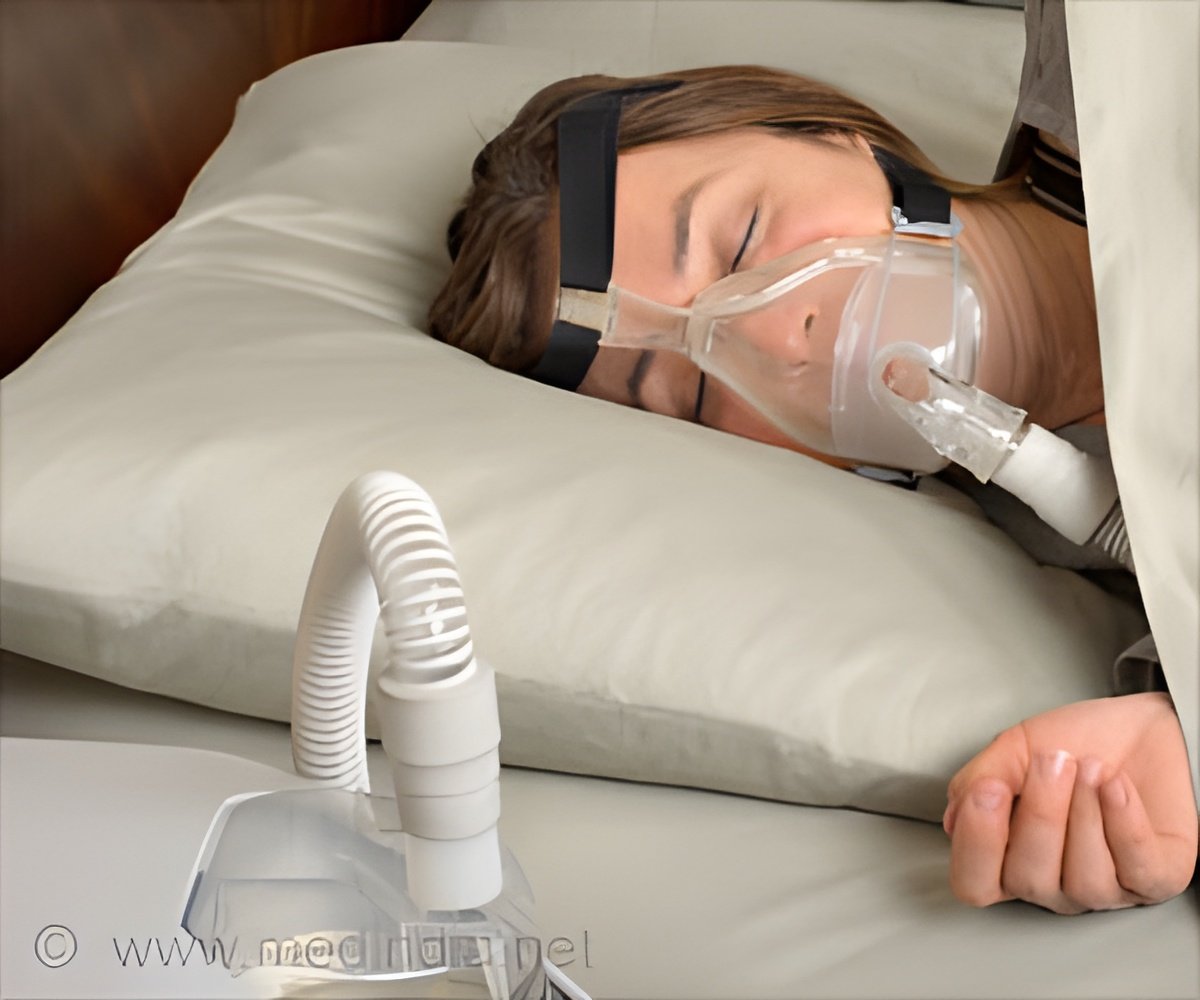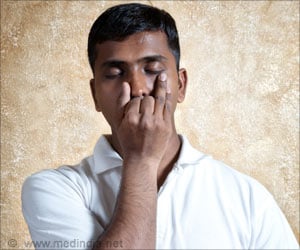Positive Air Pressure (PAP) therapy for sleep apnea may benefit in treating sleep functional outcomes in hypertensive patients.

- Sleep Apnea is a sleep disorder with symptoms of snoring and paused breathing during sleep.
- 30 - 40% of hypertensive patients were found to suffer from Obstructive Sleep Apnea according to the American Academy of Sleep Medicine.
- Positive Air Pressure therapy for Sleep Apnea is found to benefit hypertensive patients.
The study findings were published in the October issue of of the Journal of Clinical Sleep Medicine.
Sleep apnea is a condition which result in shallow or paused breathing during sleep. This may last from few seconds to several minutes during the night. Lifestyle changes, breathing devices or surgery may help in the treatment.
The American Academy of Sleep Medicine also stated that 30 to 40% of hypertensive patients suffer from Obstructive Sleep Apnea.
Harneet Walia, MD, assistant professor of family medicine in the Cleveland Clinic Lerner College of Medicine at Case Western Reserve University said, "We found that consistently and notably there was no difference in patient-reported outcomes between resistant hypertension and non-resistant hypertension groups."
"What we found was that the improvement in the patient-reported outcomes was more pronounced in those with objective adherence to PAP therapy."
The study was conducted on 900 patients with hypertension and sleep apnea. Out of which 15% of patients had resistant hypertension. The patients were at an average age of 58 years and were been treated with PAP therapy through the Cleveland Clinic Sleep Disorders Center. The results were evaluated using a questionnaire based patient report using the Patient Health Questionnaire-9 (depression), Epworth Sleepiness Scale and Fatigue Severity Scale.
Source-Medindia














